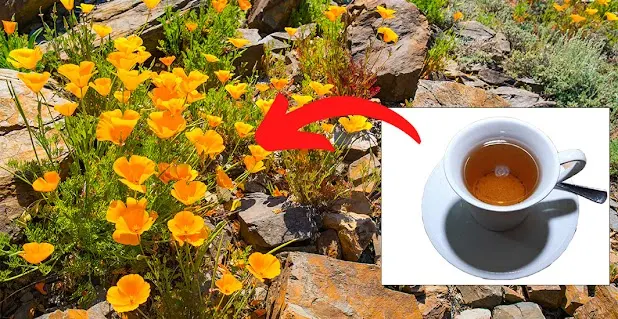Do you dream of having a natural pharmacy readily available right outside your door?
Look no further
than your own backyard (or balcony)! Cultivating a medicinal herb garden allows
you to harness the healing power of nature and craft your own herbal remedies.
It's a rewarding journey that connects you with the earth and empowers you to take control of your well-being.
Planning Your Backyard Apothecary:
- Choose Your Space: Assess your available area. Even small balconies can
accommodate container herb gardens. Opt for a sunny spot with
well-draining soil.
- Select Your Herbs: Research and choose herbs that address your specific needs.
Popular options include chamomile (for relaxation), lavender (for stress
relief), peppermint (for digestion), and calendula (for wound healing).
Consider consulting a herbalist for personalized recommendations.
- Planting and Care: Research the specific needs of each herb you choose. Some
herbs thrive in full sun, while others prefer partial shade. Watering
requirements and planting depths will vary. Utilize high-quality potting
mix for container gardens and amend your backyard soil if necessary.
Growing Your Natural Remedies:
- Planting from Seeds: Starting herbs from seeds is a cost-effective option and
offers a sense of accomplishment as you witness their growth. However, it
requires a bit more patience.
- Purchasing Seedlings: Opting for established seedlings allows you to enjoy the
benefits of your herbal remedies sooner.
- Nurturing Your Plants: Regular watering, weeding, and occasional fertilization are
essential for healthy herb growth. Observe your plants and adjust your
care routine as needed.
- Harvesting Time: Generally,
harvest herbs once they reach maturity, just before flowering. This
ensures the highest concentration of beneficial compounds.
- Drying and Storing: Proper drying preserves the potency of your herbs. Hang them
in a cool, dark, well-ventilated area. Once dried, store them in airtight
containers in a cool, dark place.
- Crafting Your Remedies: There are numerous ways to utilize your homegrown herbs. Enjoy
them in soothing teas, create healing salves, or incorporate them into
culinary dishes for added flavor and potential health benefits.
Embrace the Journey:
Cultivating your own medicinal herb garden is a continuous process of learning and discovery. Be patient with your plants, experiment with different herbs, and celebrate the satisfaction of nurturing your own natural medicine cabinet. Remember, this is a journey towards holistic well-being, connecting you with the healing power of nature right in your own backyard haven.Looking for More?
In our next article, we'll delve deeper into the world of herbal remedies. We'll explore specific recipes for teas, salves, and other natural concoctions you can create using your homegrown herbs.Stay tuned to unlock the full potential of your backyard medicine cabinet
- grow medicinal herbs at home
- backyard medicinal garden
- herbal remedies garden
- DIY herbal medicine
- natural remedies garden
- herbs for healing
- medicinal plants for home use
- grow your own medicine
- backyard apothecary
- herbal tea garden

